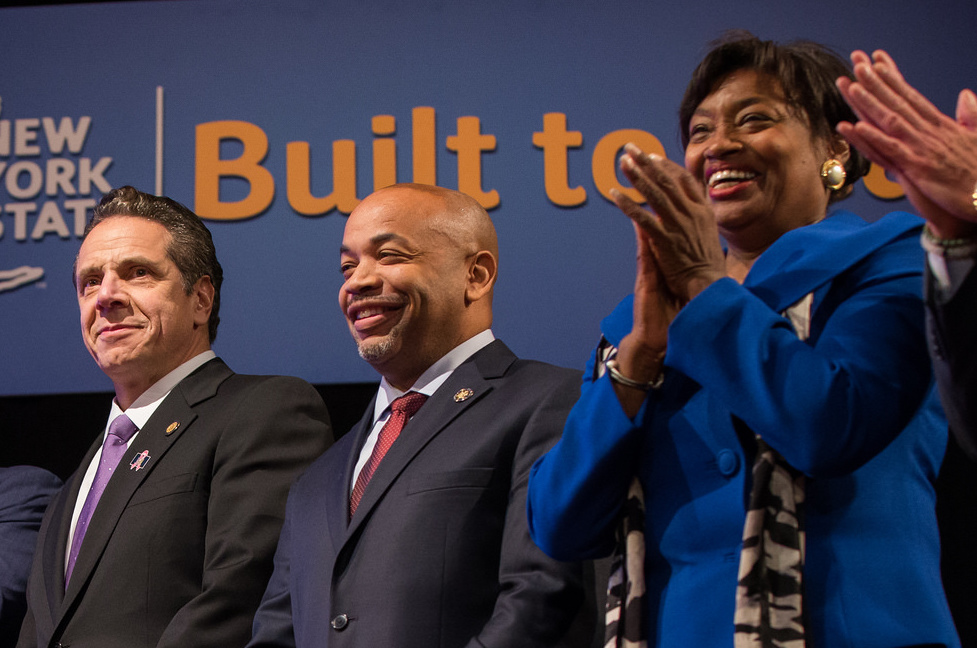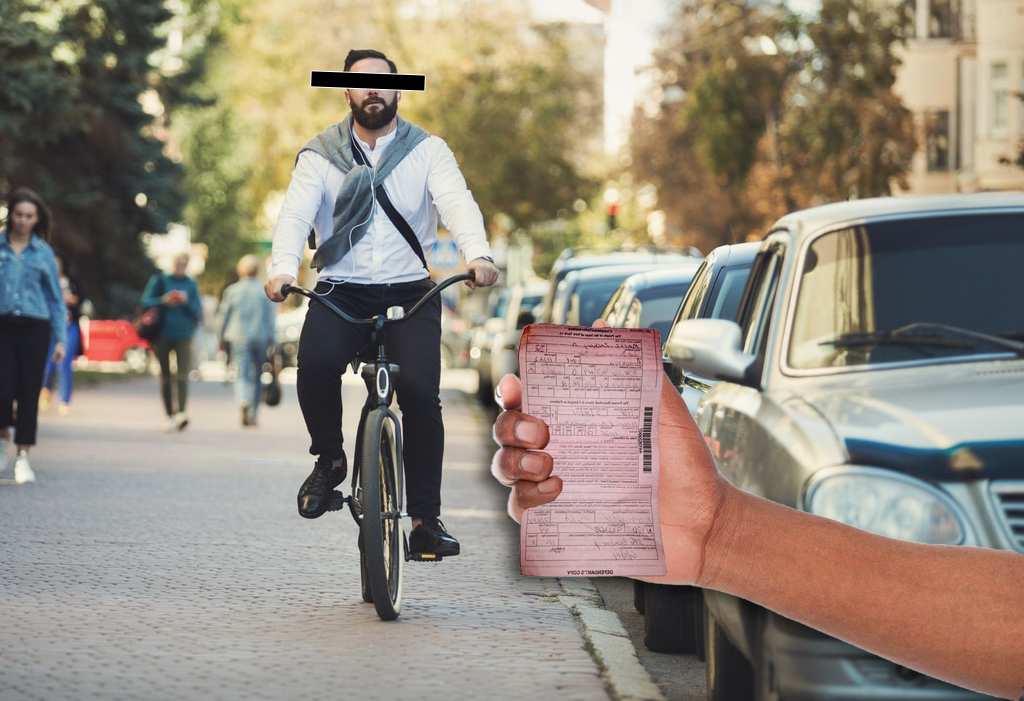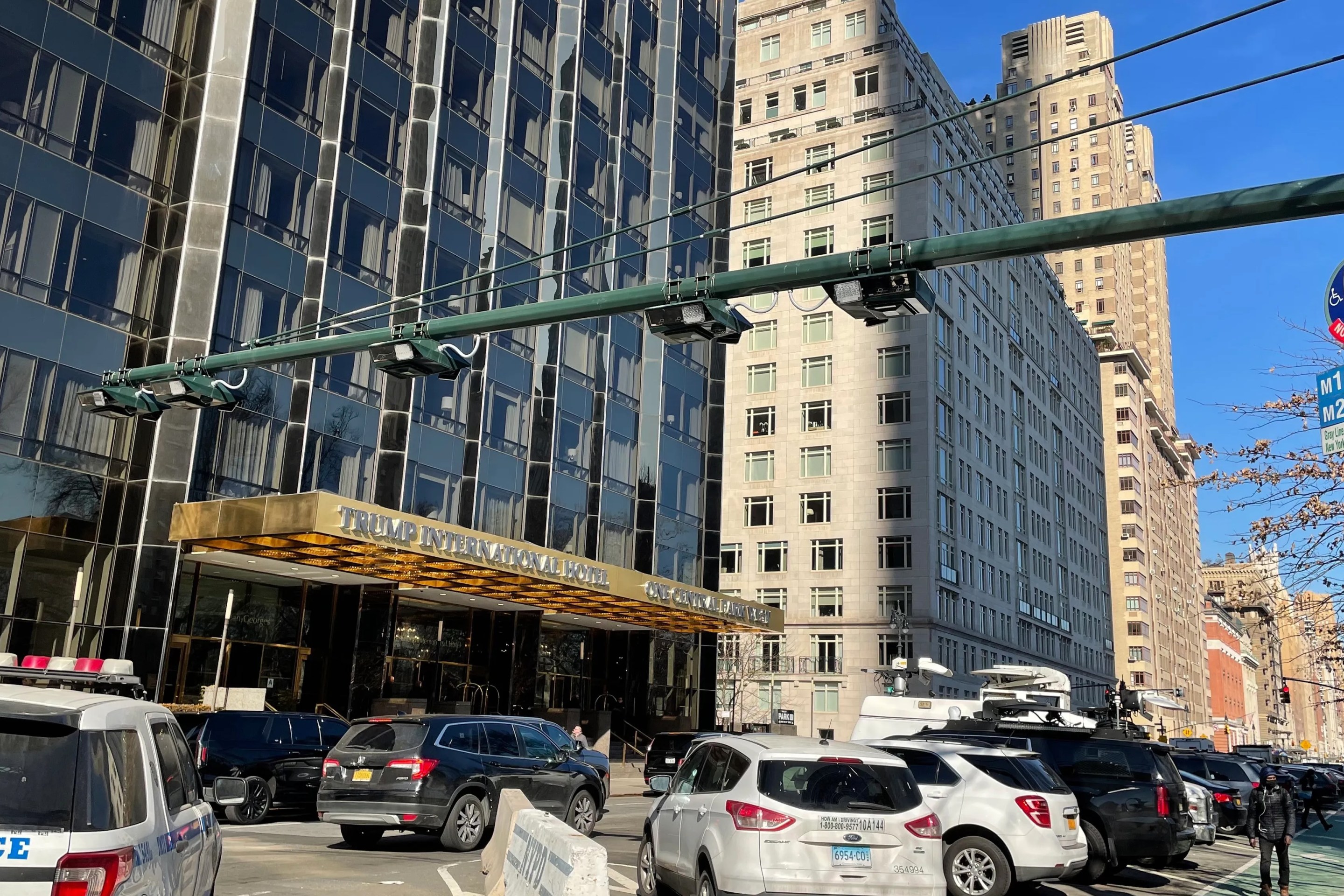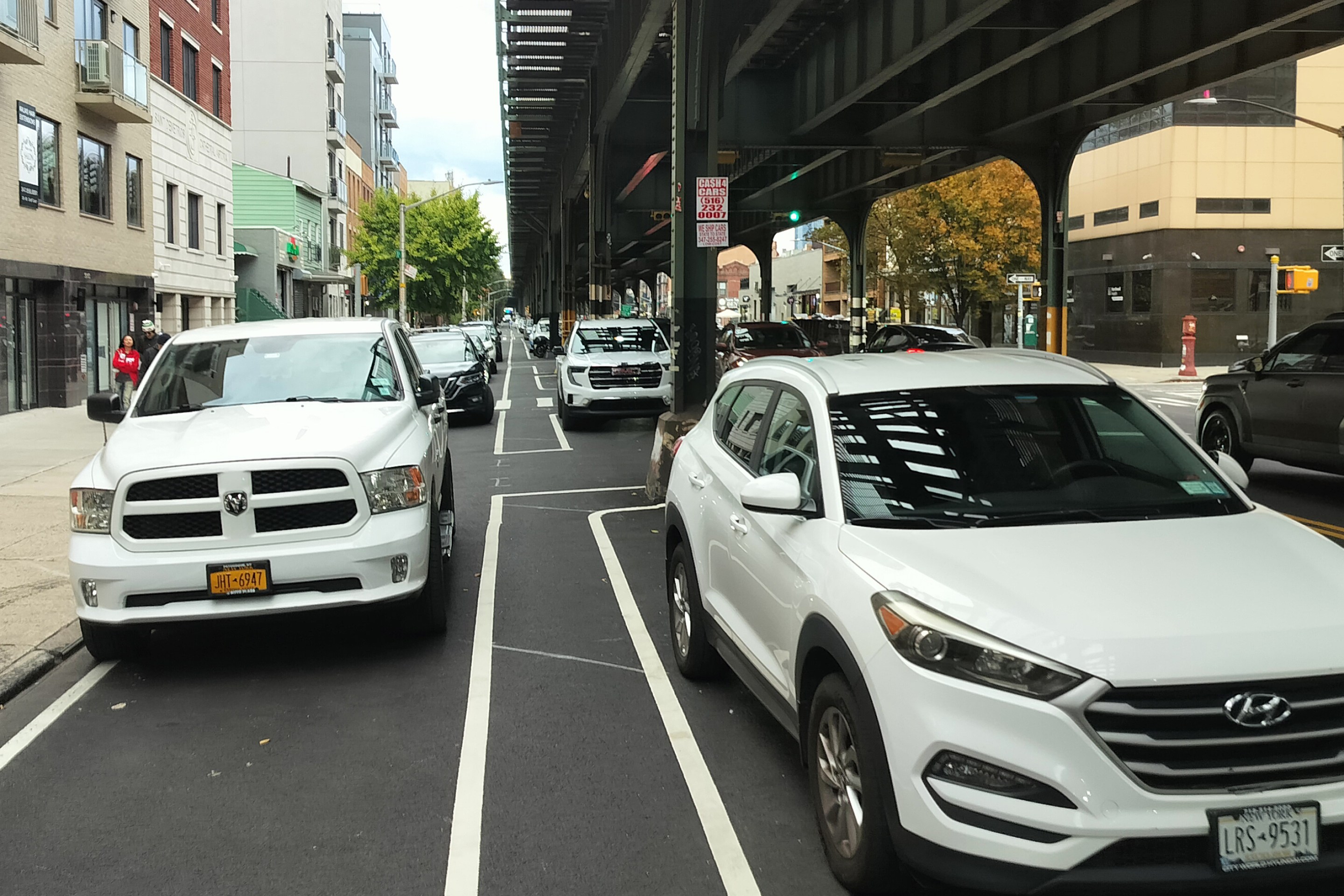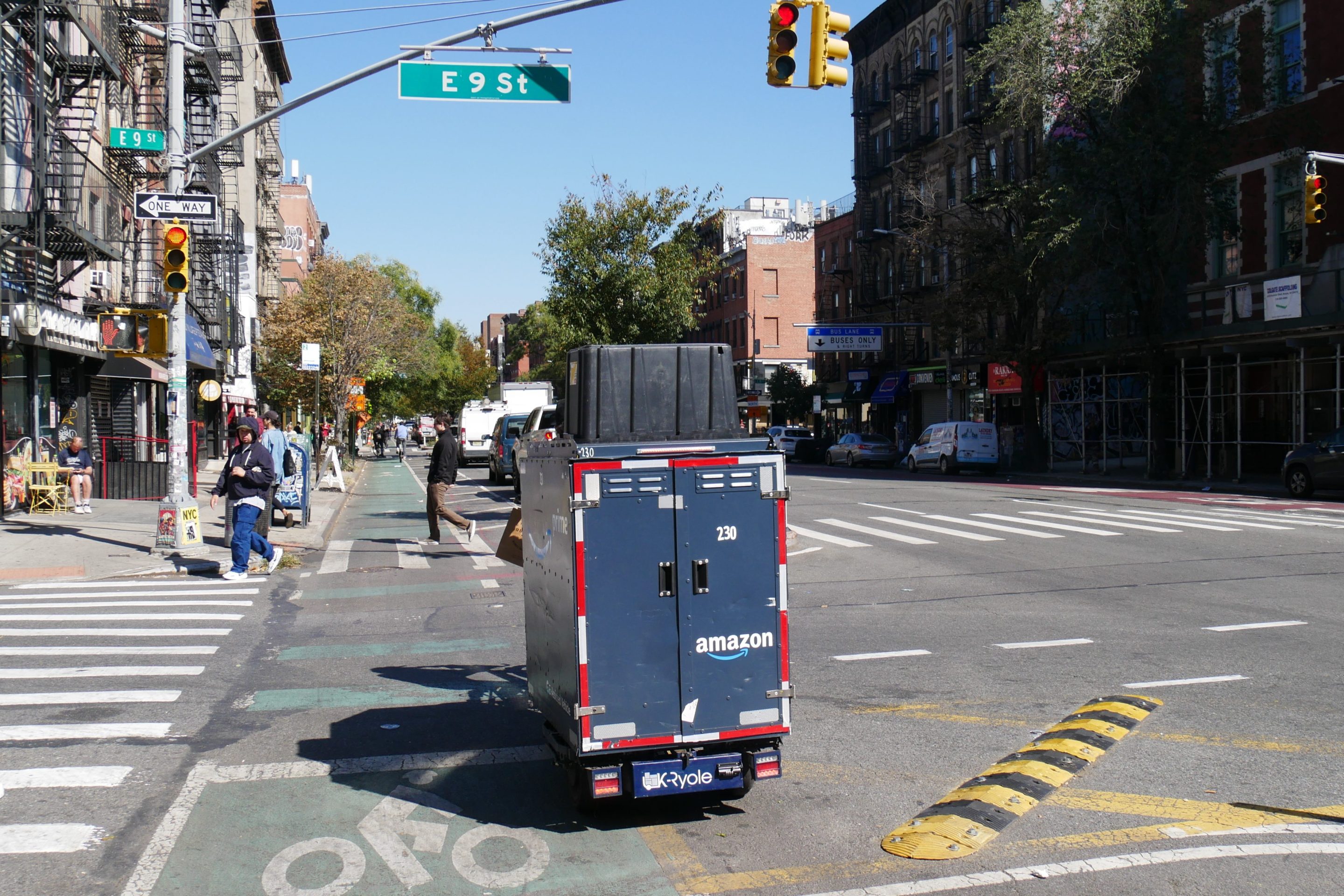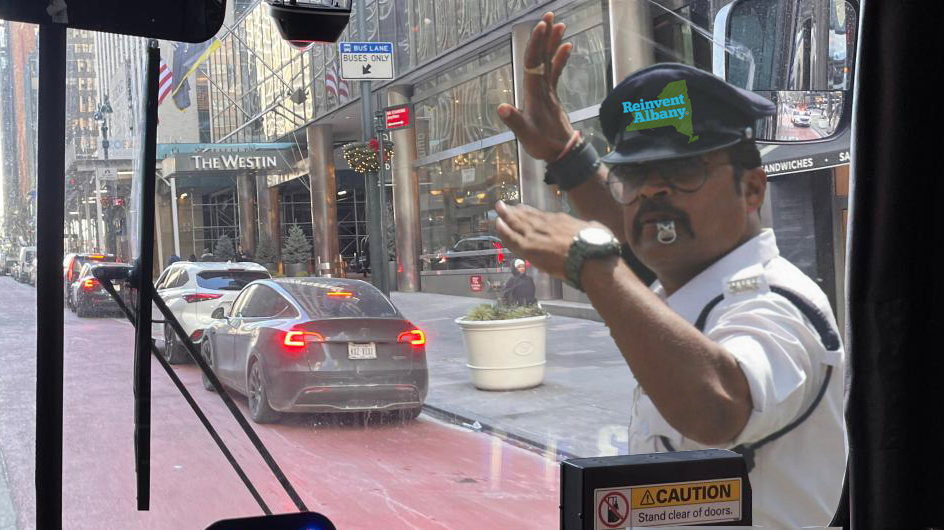At long last, the congestion price may finally be right.
State legislators, facing pressure after years of inaction on transit issues, are closer to passing congestion pricing than they've ever been, according to multiple sources familiar with the ongoing negotiations.
Anything can happen, of course, but there is less opposition than ever among the Democrats who control both the Assembly and the Senate, according to legislators.
“There’s definitely a softening from those who opposed it before, and there’s a stronger affirmation from those who we suspected supported but hadn’t expressed strong support," said Westchester rep Amy Paulin, a pricing supporter who chairs the assembly committee that oversees the MTA.
Congestion pricing is desperately needed — not only to raise revenue for the region's beleaguered transit system, but also to rein in Manhattan's out-of-control gridlock, supporters say. Last month, after a year of talking about it, the governor proposed establishing a toll zone in Manhattan below 61st Street with $1 billion annual funding goal, which could be bonded to borrow another $15 billion. The city's transit system needs $40 billion, according to New York City Transit President Andy Byford.
Support is strongest among Senate Democrats, few if any of whom are outright opposed to the policy (see caveat below!). Advocates are increasingly confident that legislators will be able to work out those issues and include some form of congestion pricing in the budget proposals they will soon release. After that, the final details will be worked out in negotiations between Cuomo, Senator Majority Leader Andrea Stewart-Cousins, and Assembly Speaker Carl Heastie.
"We’re increasingly optimistic that many legislators who have previously been oppositional see the need and are likely to come along," said Tri-State Transportation Campaign Executive Director Nick Sifuentes, who has been meeting with legislators in Albany.
Still, the program's passage is far from guaranteed. On Friday, Assembly Speaker Carl Heastie told attendees at a Crain's New York breakfast on Friday that there aren't currently enough votes to pass it. He waffled on the question of whether he would whip those votes, however.
"I did say to the members, I think it's very important for us to ... have a long-term funding mechanism for the MTA. I think the members get it. It's about getting people comfortable with it," said Heastie, a congestion pricing supporter. "You need to be able to... go back and tell your constituents why you did this."
A decade ago, Mayor Bloomberg's push for congestion pricing died in the Assembly after then-Speaker Sheldon Silver refused to bring it to a vote due to lack of support for the plan (and for Bloomberg!) in the Democrat-controlled chamber. Since then, the transit system experienced a precipitous decline, which only began to turn around with the hiring of Byford last year.
Today, with the MTA facing dire financial headwinds, there are only a few Democratic Assembly members absolutely opposed to congestion pricing. But many members are waiting for the details to be worked out before they vote in favor.
Meanwhile, MTA officials have also been in Albany, meeting with elected officials concerned that the money won't be spent wisely and effectively. Legislators would be unlikely to support congestion pricing unless they can not only say to their constituents that the tolls will improve transit — but then also be confident that they actually will improve transit.
“It’s universally agreed that we need to come up with the money, but these meetings were about what should be done with the money," Bronx Assembly Member Jeff Dinowitz told Streetsblog, adding that he stressed to MTA officials the need for more frequent bus service in outer-borough areas with limited or no subway access. "We need to know something more specific than, you know, you’ve got x billion dollars. What’s the money going to go for?"
Dinowitz's own position on congestion pricing typifies the shift among legislators on the issue. When Mayor Bloomberg proposed it in 2008 and 2009, Dinowitz was one of the leading opponents. In 2019, he's taken a very different approach — in part, he said, because of pressure from the governor.
“There is a good amount of momentum for congestion pricing — not because people love it but, for no other reason, because the governor has said every other idea can’t happen," he said. "My goal is that my constituents and the people of New York in the city in general have train service and bus service that works for them."
Adding to that momentum: Mayor Bill de Blasio, who signed on to Cuomo's pricing plan last week. De Blasio, like Dinowitz, Miller and other reticent outer-borough pols, refused to back congestion pricing for years on the grounds that it would unfairly burden his driving constituents. But with the transit system needing such urgent repairs, the mayor now says there's no other choice.
Our best chance to fix our subways is only a few weeks away — but we need your help to get it done. pic.twitter.com/6yq5CjnJUJ
— Mayor Eric Adams (@NYCMayor) March 7, 2019
"People see this as a moving train and people want to be on board," Riders Alliance Policy and Communications Director Danny Pearlstein told Streetsblog.
At this point, legislators are working out details of the pricing scheme, including specific toll amounts, which will be spelled out in the budget proposals likely to be released by Wednesday. Both houses of the legislature are expected to stick to the governor's funding goals, though ongoing negotiations over potential carveouts and exemptions could weaken the program's effectiveness in terms of actually reducing congestion.
Getting suburban legislators on board also remains a hurdle, but not an intractable one. Last week, Senate Majority Leader Andrew Stewart-Cousins signed onto letters with Hudson Valley and Long Island senators demanding their constituents get a piece of the pricing pie, specifically in the form of funding for improvements to Metro-North and Long Island Rail Road.
“I’m sympathetic to the fact that it’s hard to run on old promises and old news," Pearlstein said. "I anticipate seeing something [in the pricing package] that looks out for Long Island, just like I expect to see something that looks out for the areas north of the city."
Senate Authorities and Corporations Committee Chair Leroy Comrie, a longtime congestion pricing opponent, has conceded the need to something — even as he threw shade on Cuomo recently on NY1.
"I understand the desire for people to be parochial about their communities," he said in a statement provided to Josefa Velasquez of The City NY, "but as now a state official looking at the needs of the entire state and the impact of the congestion on the entire metropolitan area I under we have to figure something out."
State Sen. Leroy Comrie, who heads a committee that deals with MTA matters, says he hasn’t looked at @NYCSpeakerCoJo’s plan to have the city take over the MTA.
— Josefa Velásquez (@J__Velasquez) March 5, 2019
Here’s what he said about Johnson’s plan for the Council to pass its own congestion pricing if Albany doesn't👇🏼 pic.twitter.com/ZjBEWbtWWU
The united front of de Blasio and Cuomo gives legislators added assurance that they won't be blamed if pricing goes wrong for whatever reason.
"We have an alliance of the liberal and progressive legislators from the city and the governor pushing the suburban representatives in the same direction," Sifuentes said.
Still, congestion pricing alone won't nearly cover the MTA's financial needs, which likely exceed $60 billion in total. At the Crain's Business breakfast on Friday, Heastie suggested raising the gas tax and also backed a pied-à-terre tax on second home worth over $5 million.
Cuomo and de Blasio are already backing a combination of congestion pricing, marijuana revenue, and a new sales tax on third-party internet sales that, combined, is expected to raise $22 billion. Past that, New York pols may be waiting for a more favorable climate in Washington — lest they opt for the unsavory task of raising taxes.
